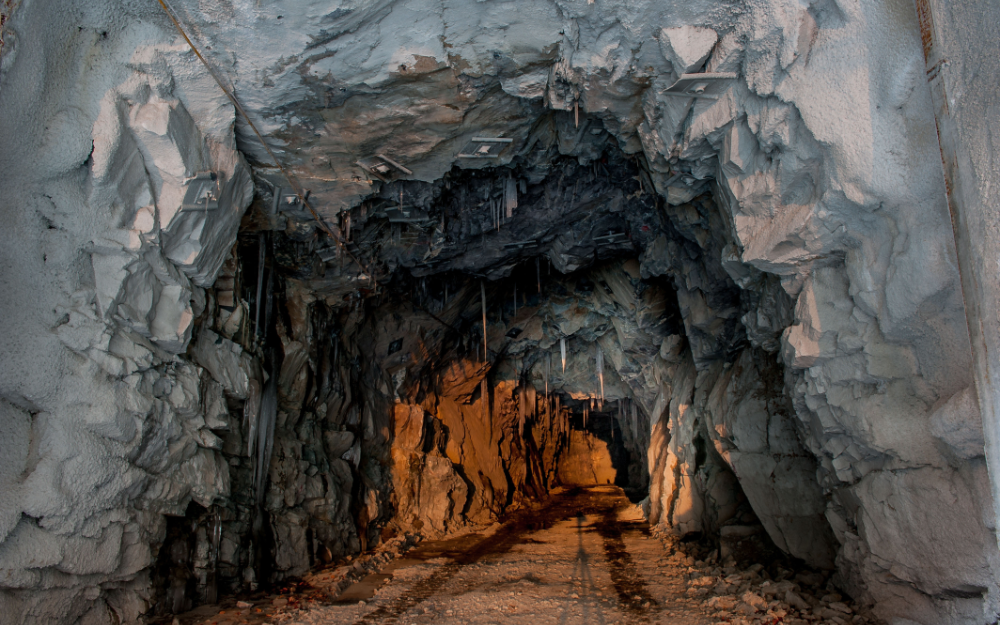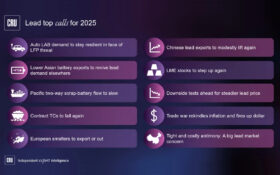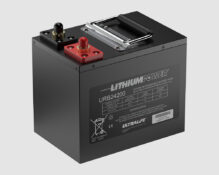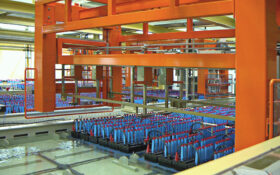Global supply of refined lead metal exceeded demand by 92,000 tonnes in 2023, according to data from the International Lead and Zinc Study Group. It said inventories reported by the London Metal Exchange (LME) and Shanghai Futures Exchange (SHFE), producers, merchants and consumers rose by 123,000 tonnes and totalled 447,000 tonnes at year-end.
Chinese net imports of lead contained in lead concentrates rose 15% to 666,000 tonnes in 2023. Its net exports of refined lead metal increased 61% to 183,000 tonnes.
World lead mine production rose 1.1%. It was up in Bolivia, Kazakhstan, Peru and Australia, and down in Europe, Mexico and the US.
ILZSG said output of refined lead metal was up 2.8% in 2023 – mainly due to increases in Australia, China, Germany, India and the UAE. That was offset by reductions in Bulgaria, Italy, Japan, South Korea, Russia and the UK.
Output of refined lead metal from secondary raw material was on a par with that recorded in 2022, accounting for 66%. Demand for refined lead metal rose 1% from the year before.
Pricing remained steady: in 2023, the average LME cash settlement price was $2138 per tonne, 0.6% lower than in 2022. On SHFE it was 3.3% higher.
Zinc surplus
The global market for refined zinc metal showed a surplus of 205,000 tonnes in 2023. Zinc mine production declined 1.4% globally, despite rises in Brazil, India, Kazakhstan and Peru.
There was a significant rise in Chinese refined metal production, and this was the main driver behind an overall global increase of 3.8% in 2023.
The usage of refined zinc metal in China and India were up notably, according to the data. Chinese imports of zinc contained in zinc concentrates in 2023 were 16% ahead from the year before to a record high of 2.3 million tonnes.
The average LME cash settlement price fell by a significant 23.9% to $2647 in 2023. This follows a 15.7% rise in 2022.












